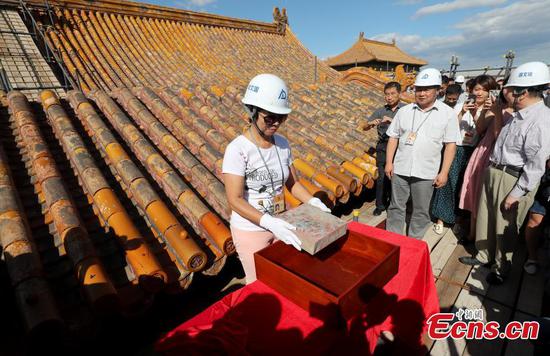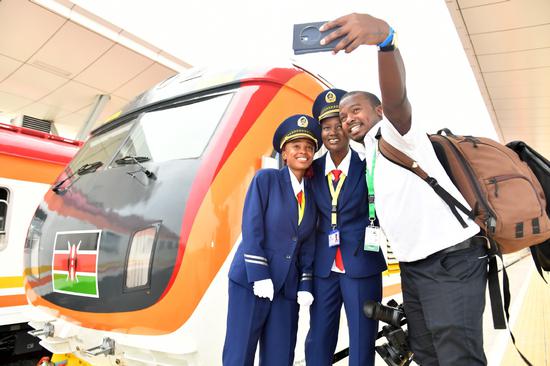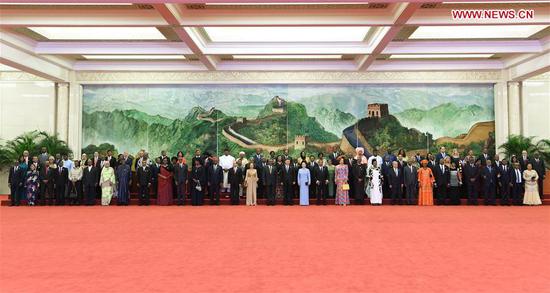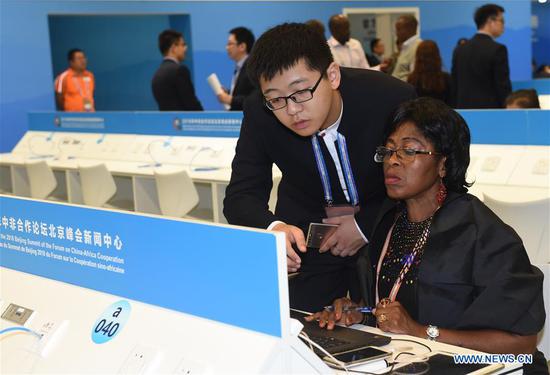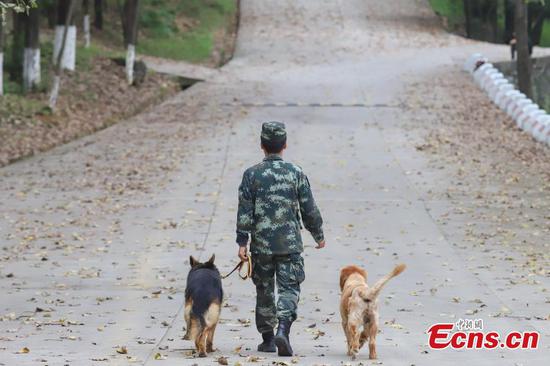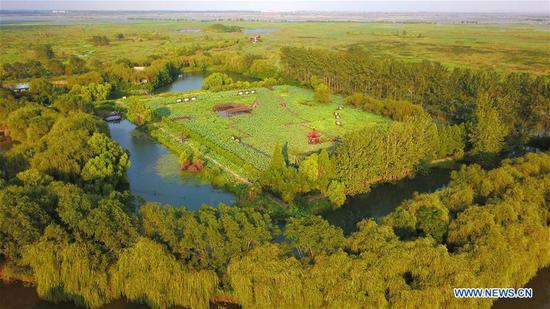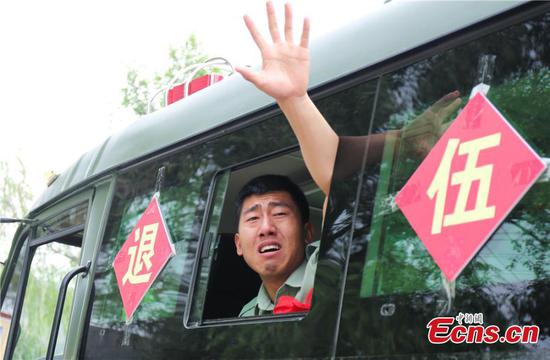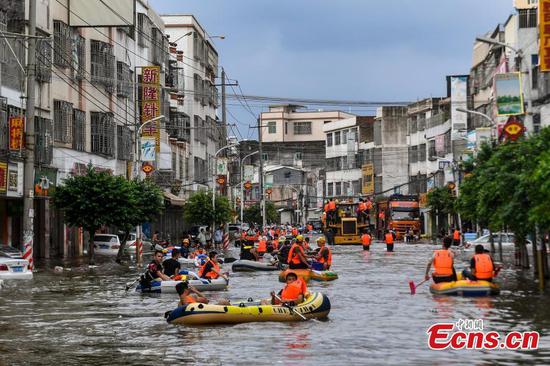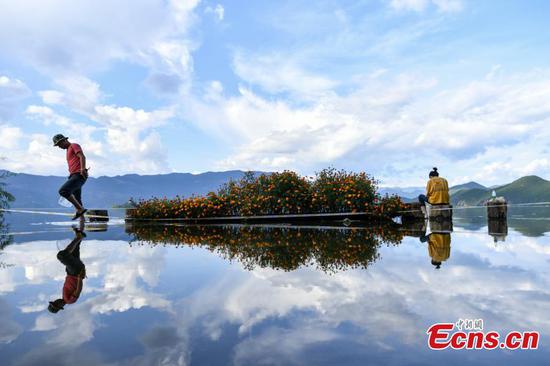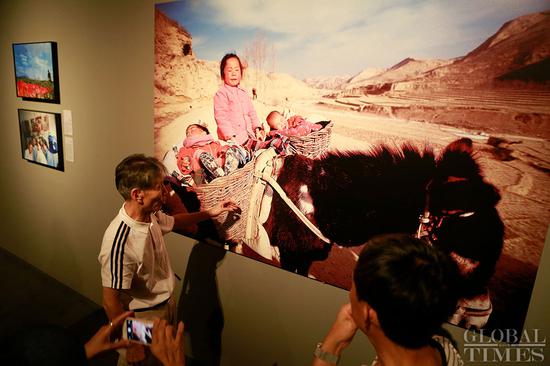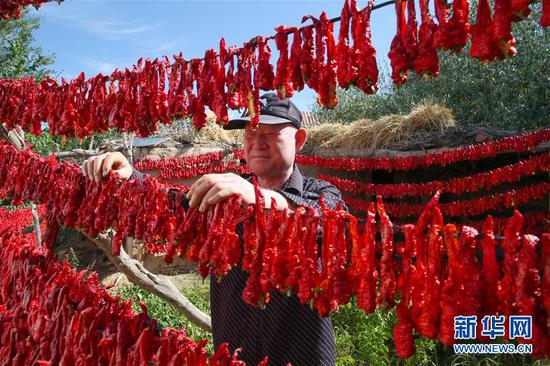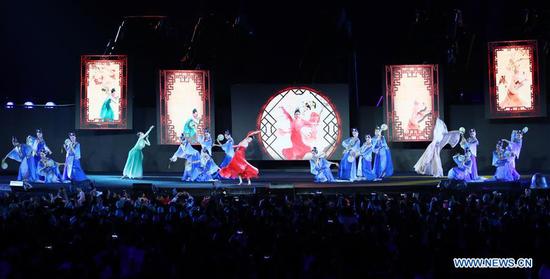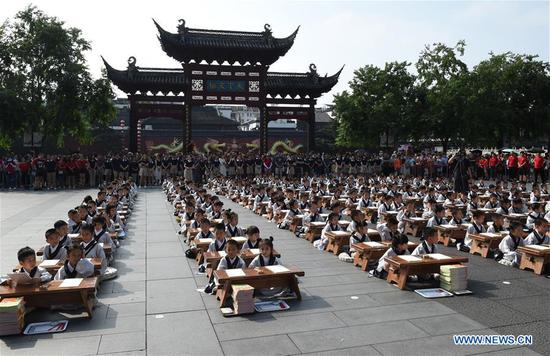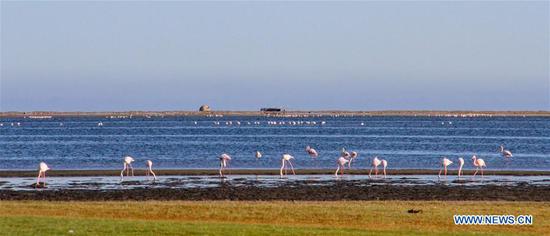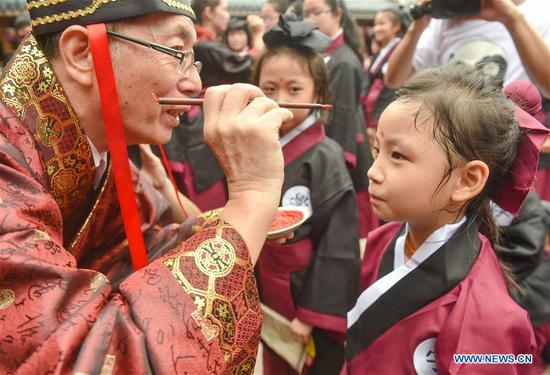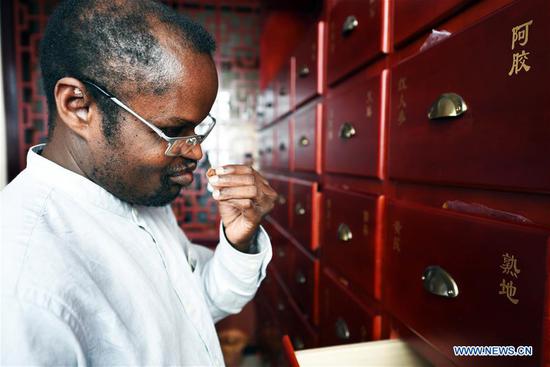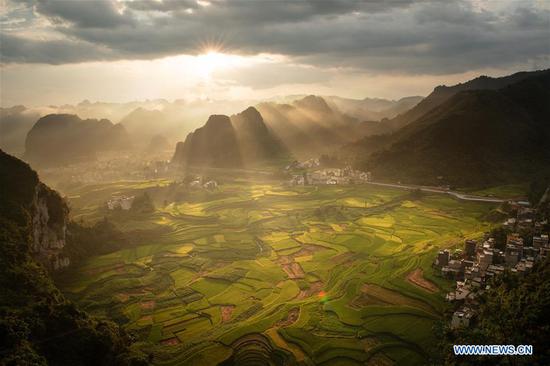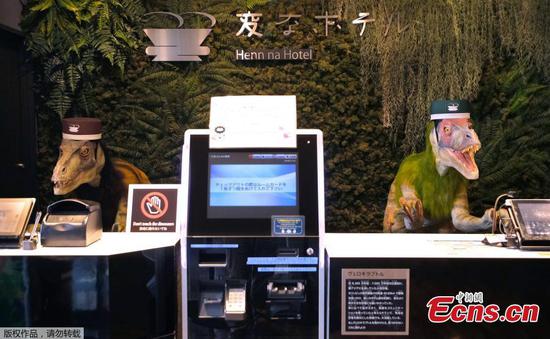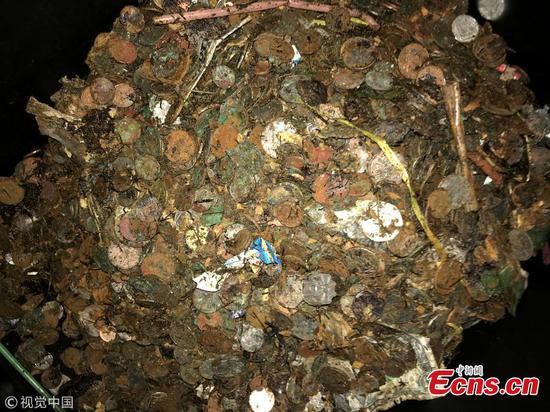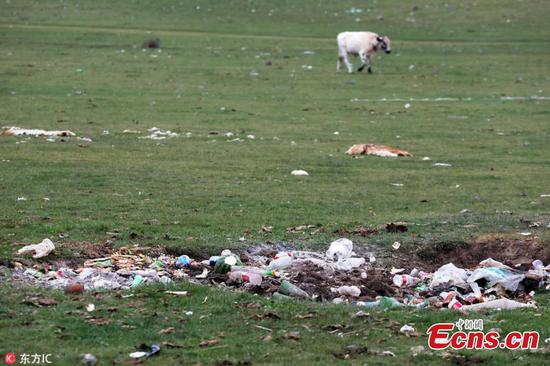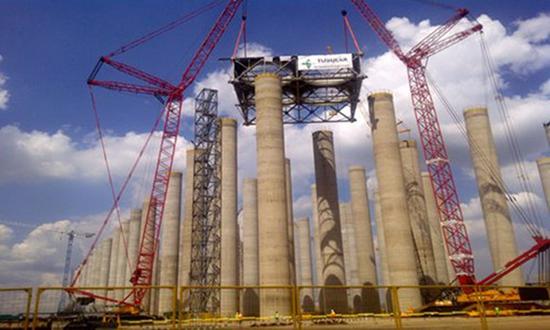
SANY machinery is used on the Kusile power plant construction site in South Africa. (Photo/Courtesy of SANY Group)
Companies investing in infrastructure ‘export full supply chain’
Chinese companies have the capacity of exporting technology and talent to African countries, a major way of helping local industries grow sustainably. Bilateral infrastructure cooperation exemplifies engagement on the entire supply chain, industry representatives said.
In recent years, major Chinese infrastructure companies investing in Africa have brought Chinese standards and solutions to local markets and provided localized services to meet demand.
For instance, the 760-kilometer Addis Ababa-Djibouti railway adopted China's electrified railway standards, which also helped generate more than $400 million worth of mechanical and equipment exports from China to Africa, China Railway Construction Corp (CRCC), one of the project operators, said in a document sent to the Global Times on Sunday.
"The project also showcased Chinese companies' full supply chain export in infrastructure from fundraising to project design to construction to operations," the CRCC noted.
Most of the infrastructure projects in Africa such as the Mombasa-Nairobi Standard Gauge Railway (SGR) in Kenya and Abuja-Kaduna rail in Nigeria were also built in line with Chinese railway design standards.
Growing investment from China has been flowing into the infrastructure sector in Africa. Between 2011 and 2016, Chinese investment in Africa's infrastructure development averaged $12 billion annually. Chinese funding reached $6.4 billion in 2016, accounting for 10.3 percent of total funding for Africa's infrastructure investment, according to the Infrastructure Consortium for Africa annual report published in October 2017.
"Chinese standards have been widely used in Africa's infrastructure sector as they could meet local demand with lower costs," Cheng Cheng, associate research fellow with the Chongyang Institute for Financial Studies at Renmin University of China, told the Global Times on Monday.
Chinese enterprises have absolute advantages at the low and middle ends of the engineering, procurement and construction (EPC) process, so no Western companies could compete with their Chinese counterparts, Cheng noted.
Still, some Chinese companies have also had fierce debates on standards with rivals from Europe in terms of project technical specifications during the construction process.
For example, when it came to the design of the Gantas Tunnel in Algeria - the longest railway tunnel in North Africa - CRCC offered different design solutions from another company that was based in Europe. This discrepancy exposed a significant gap between China and Europe in terms of engineering theories, norms, construction habits and concepts, the company told the Global Times.
"After a 30-meter trial construction with Chinese solutions, CRCC's proposal was finally accepted by local owners and the European design firm," it added.
Along with infrastructure investment, Chinese companies have been transferring technology and talent to Africa.
Due to the lack of maintenance talent in the wind energy sector in Africa, Chinese heavy machinery company SANY Group brought a large number of professional staff from China to Ethiopia to support the Adama II wind farm project's maintenance. This decision helped the local wind sector grow, the Hunan Province-based company said in a statement sent to the Global Times on Monday.
"Also, SANY provided 120 pieces of equipment for the construction of Mombasa-Nairobi SGR and helped train more than 200 agitator drivers and dozens of pump operators and agitator stand operators," the company added. Chinese companies investing in Africa now establish joint trainings class and localize corporate management.
Back in the 1990s, China's investment in Africa helped train the first generation of industrial workers, and the apprenticeship model has prevailed among Chinese companies operating there, Cheng noted.
"The fundamental edge of China's presence in the African market is not the support of the Chinese government but Chinese companies' capability of exporting the full supply chain to local markets," he said.










